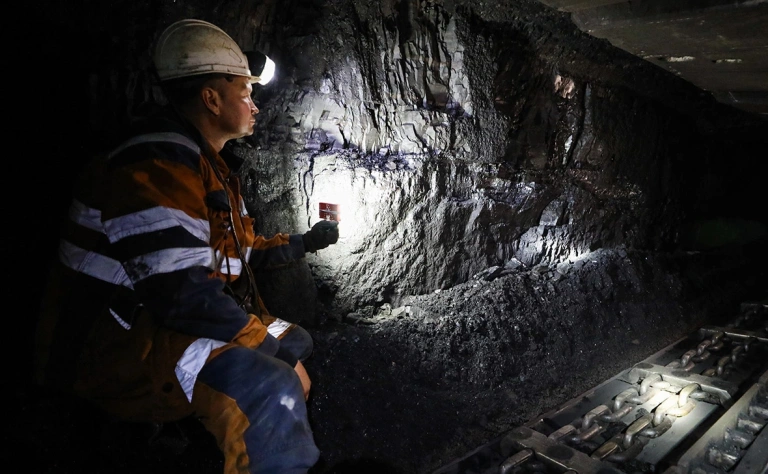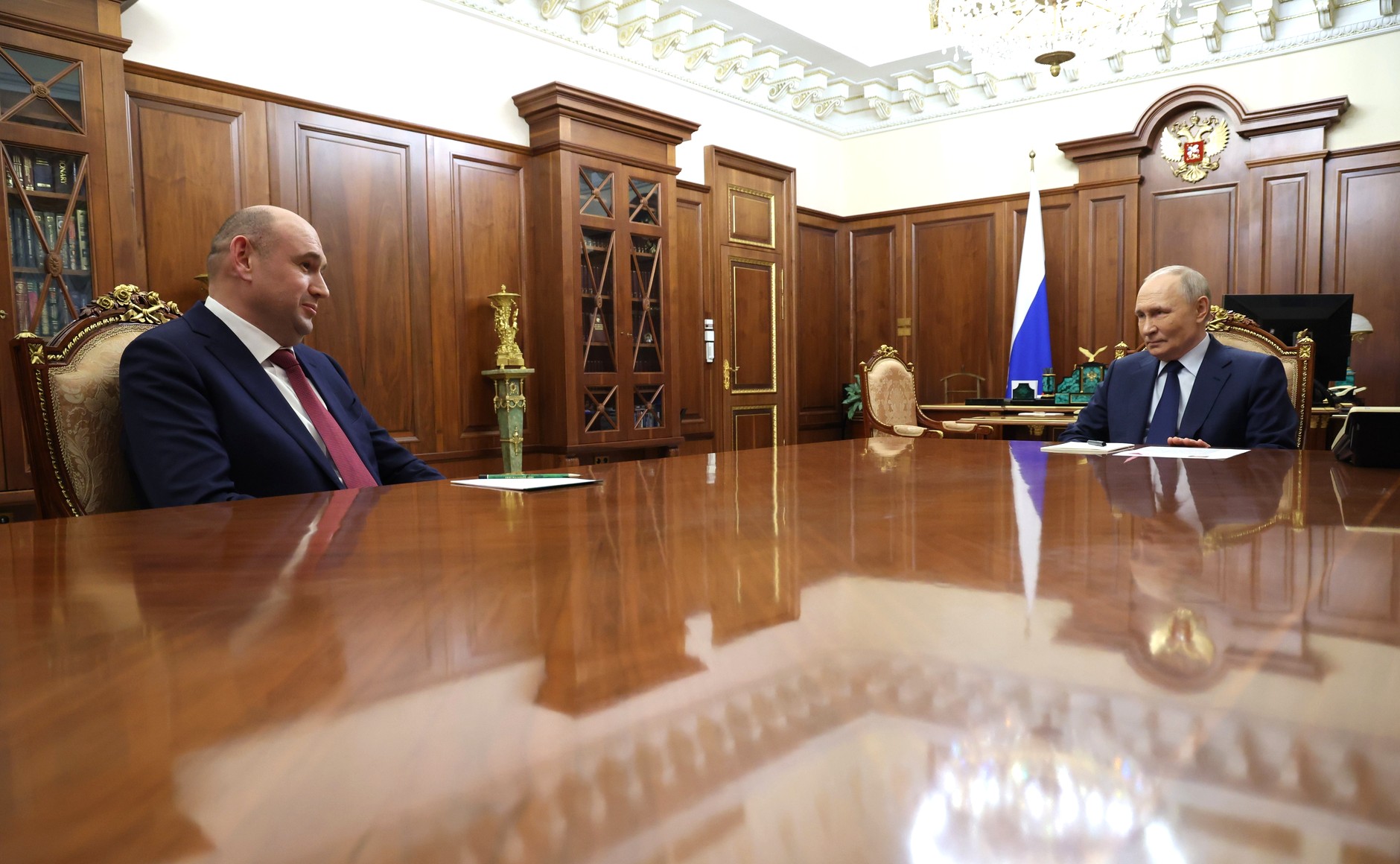
Druzhba Pipeline Fiasco Still Roiling Belarus-Russia Energy Talks
Druzhba Pipeline Fiasco Still Roiling Belarus-Russia Energy Talks
The Druzhba oil pipeline contamination debacle (see EDM, April 26) continues to loom over negotiations between Belarus and Russia on a range of energy issues. Russia notified pipeline companies along Druzhba’s network in Belarus, Ukraine and Western Europe of the chemical contamination in mid-April, but it has taken two months to fix the problem. Belarus began receiving clean oil in early May, but Poland only on June 9 and Germany on June 17 (Neftegaz.ru, June 17). However, on June 19, the pipeline’s operation again had to be temporarily suspended for 12 hours due to exceeded concentration of chlorides. This time, the interruption was quick; the pipeline was brought online the next day (Neftegaz.ru, June 20).
Belarus and Russia created a joint commission to arrive at a compensation figure for Belarus, but the figures the two have proposed are miles apart. The international companies the pipeline serves want $800 million in damages, most of which would go to Belarus, while Russia wants to pay only $20 million (RIA Novosti, June 7). Belarusian President Alyaksandr Lukashenka has expressed anger over Russia offering so little.
Minsk and Moscow are also squabbling over a change in Russia’s tax code that has substantially increased what Belarus pays for Russian oil. Moscow’s decision to shift its oil tax from exporters to producers led to the increase. Belarus has asked Russia to reimburse it $400 million for the price surge that the tax change precipitated — (RIA Novosti, June 10).
Meanwhile, Belarus has increased by 23 percent the fee it charges to send oil through its portion of the Druzhba pipeline—a move that has irked Russia. Russia’s Transneft now has to pay 70.44 rubles ($1.10) for every ton of oil coursing through the pipeline (1prime.ru, May 28).
Russia and Belarus are already engaged in an endless negotiation process, aimed at further integrating the economies of the two countries. While the Druzhba pipeline contamination added another layer of complexity to the process, the leadership of both neighboring states are inclined to bridge the gap in their relations in an amicable way. At the same time, however, the debacle did more harm to the international reputation of Russia as a reliable supplier, bringing to light Moscow’s negligence with respect to this vital artery for Russian oil supplies to Europe.


